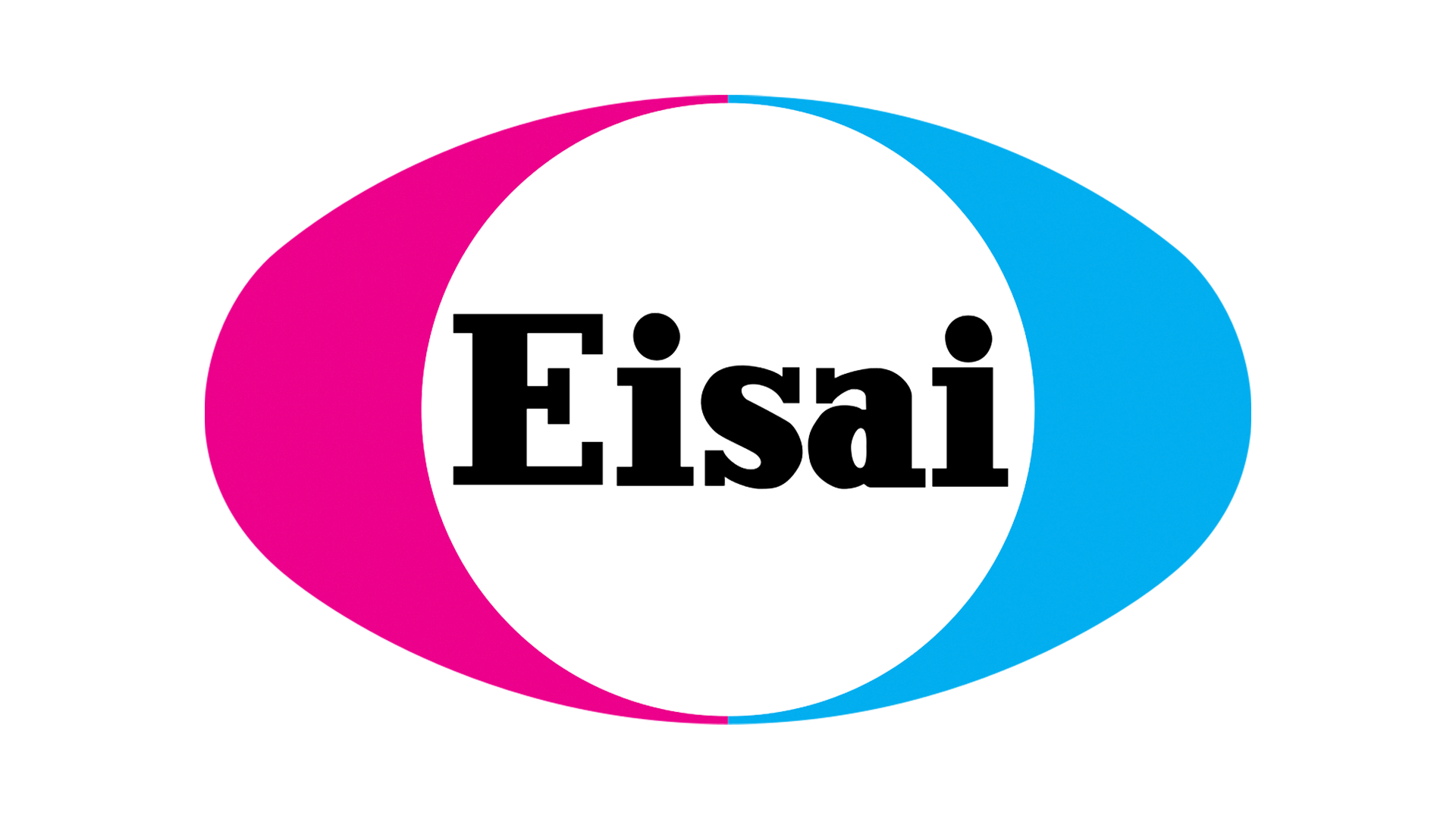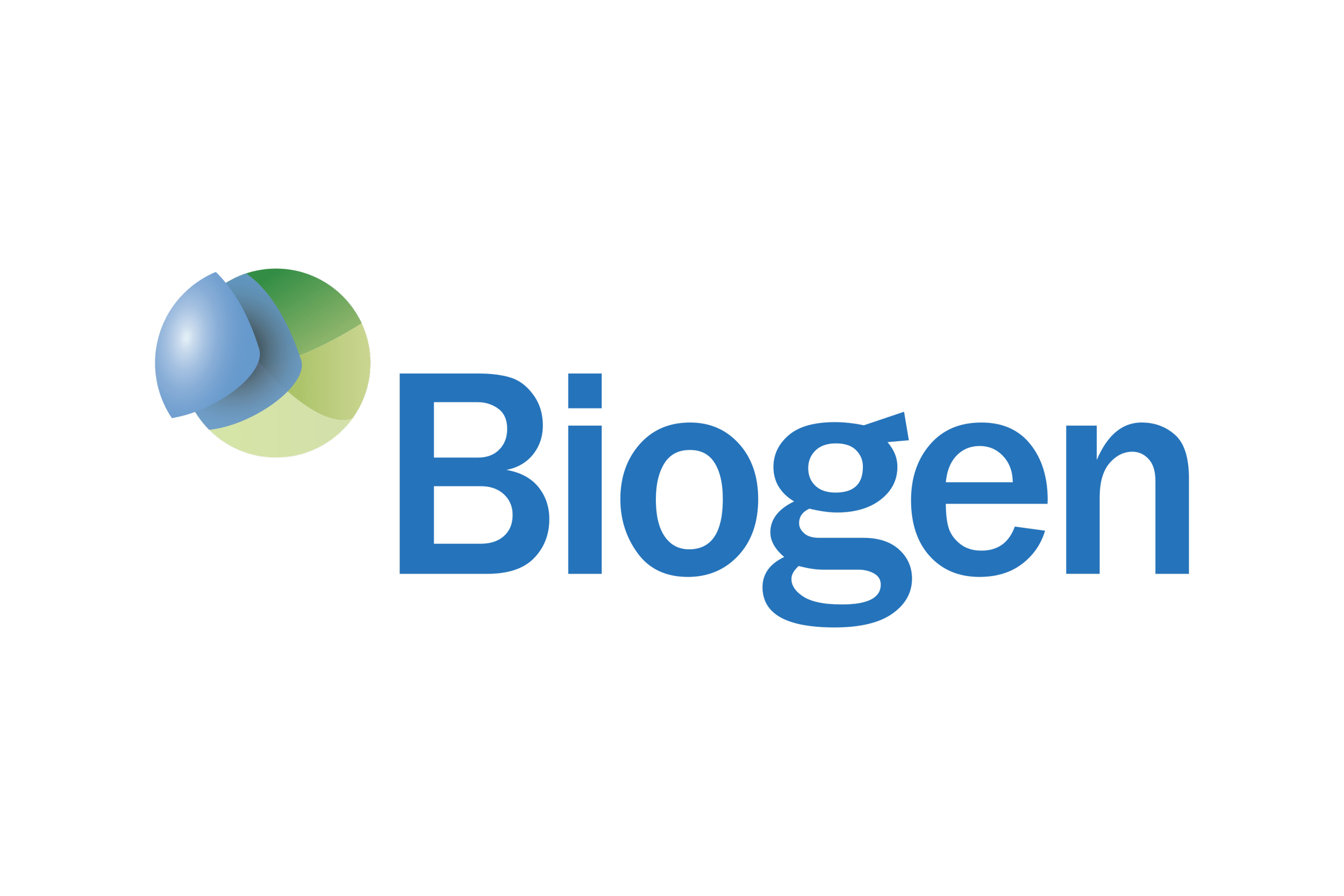
Blood-Based Biomarker Workgroup
The Global CEO Initiative on Alzheimer’s Disease (CEOi) is leading a global effort to prepare for the widespread adoption of Alzheimer’s blood-based biomarker (BBM) tests into clinical practice to enable a more simple, timely, and accurate diagnostic experience for patients.

Worldwide, approximately 55 million people are currently living with dementia, and about 60-80% of these cases can be attributed to Alzheimer's disease.
The timing and accuracy of diagnosis is critical for patients to ensure that individuals and their loved ones can learn more about the disease, make informed decisions on care and treatment, make healthy lifestyle changes, and improve overall quality of life.
With the emergence of disease-modifying treatments that target the underlying neuropathology of Alzheimer’s, the need for biomarker testing to facilitate timely diagnosis is expected to significantly increase.
Challenges
Patients and clinicians face many challenges with current biomarker diagnostics testing.
The most common tests for confirming Alzheimer’s pathology include positron emission tomography (PET) and cerebrospinal fluid (CSF). While these tests are strongly associated with Alzheimer’s neuropathology, they have a number of shortcomings. Limitations to PET and CSF include:
Perceived invasiveness of lumbar punctures by patients
High cost of imaging may not be covered by health insurance
Requires highly specialized personnel and generally only available in secondary or tertiary care

BBM tests may be the only AD biomarker modality that can be readily used by primary care and rapidly scale up to meet the emerging great need.
Major Benefits of BBMs
Current research shows BBMs hold promising potential to transform the Alzheimer’s diagnostic pathway and patient journey.
Scalable & Accessible
Blood tests can scale faster than other AD biomarker tool because they don't need highly specialized staff or equipment. These tests are easier to administer in primary care settings where the vast majority of the initial diagnosis of symptomatic Alzheimer’s is made. This can ultimately alleviate the strain on specialty care where appointment wait times are already extremely long.
Acceptable & Equitable
Blood tests are less invasive and seen as safe and acceptable by most patients, including patients from traditionally underserved groups. Blood collection is less costly and is already well-established in clinical routine, making them more available to individuals in rural areas or far from specialty diagnostic centers.
Advancements in BBMs are rapidly approaching the threshold of clinical usefulness, with BBMs already being used in certain patient populations by dementia specialists who have deep expertise in interpreting their results.
To facilitate broader implementation in secondary, primary care, and community health settings, it is critical that health systems and healthcare providers are prepared, educated, and informed about this diagnostic tool.

BBM Workgroup
In January 2023, the Global CEO Initiative on Alzheimer’s Disease (CEOi) convened a diverse group of stakeholders to join a BBM Workgroup with the goal of preparing relevant stakeholders (e.g., practicing clinicians and health systems) for widespread adoption of BBMs to enable a more simple, timely, and accurate Alzheimer’s diagnostic experience, starting with the US.
BBM Workgroup Sponsors
Sponsorship does not represent promotion or endorsement of any individual diagnostic test or platform

The Global CEO Initiative on Alzheimer’s Disease
CEOi founded in 2013, is an organization of private-sector leaders who have joined together to provide business leadership in the fight against Alzheimer’s. The CEOi believes that, during this era of aging populations, it will take visionary, coordinated, goal-oriented leadership of public and private leaders working together to solve our greatest challenges. It is convened by UsAgainstAlzheimer’s.












